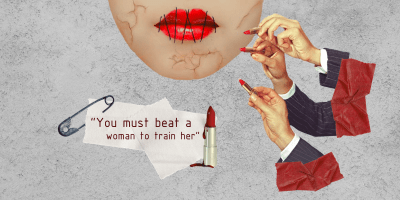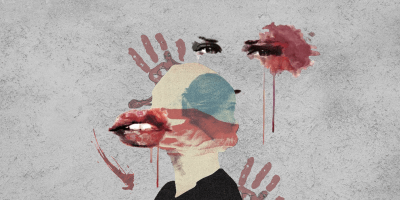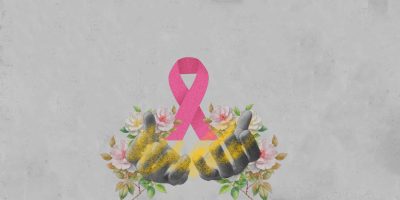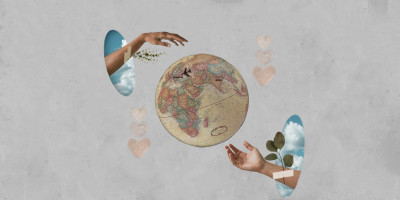
On March 8th, International Women’s Day is celebrated across Armenia with great enthusiasm. On this day, Armenian women are showered with compliments, beautiful flowers, and gifts, highlighting their invaluable contributions and achievements. The occasion is so revered that it has become a national holiday, granting employees a day off to commemorate the significance of women in society and the workplace.
Yet this raises a critical question: Is this annual show of appreciation enough? Beyond the flowers and kind words, are Armenian women safe against sexual assault and catcalling in their daily lives?
A survey conducted in 2021 mentions that sexual violence is perceived in three main cases. The first case is when sexual violence is committed through force or threat. The second case is when the woman is forced to engage in sexual intercourse even if she does not want to because she fears the consequences. The third case is when the woman’s partner forces her to do any act of a sexual nature that she finds degrading or humiliating. Moreover, according to the survey, the most common case is the second.
Having said that, the survey suggests that there is a correlation between physical and sexual violence. “In Armenia, 62.5% of women who were subjected to sexual violence were also subjected to physical violence, and 18.8% of those who were subjected to physical violence were also subjected to sexual violence.” Referring to the results, women might be afraid of facing domestic violence, and, therefore, they engage in intercourse to avoid it.
Additionally, “cases of sexual violence are more common in urban settlements than in rural ones.” A possible reason for this is the difference in perception between the women living in the rural and urban settlements; a woman from the rural area might find this “manly” behavior less violent and therefore refrain from raising issues of violence. Also, women of lower education, up to ninth grade, are more likely to be sexually and physically abused, in addition to the ones between the ages of 35-44.
For women, various severe consequences come along with sexual violence, from scratches to deep wounds and internal injuries, followed by the most common injury patterns, including cuts and bites. Referring to the survey, 20.6% of women who were sexually or physically abused by their partner received several injuries. However, these are not always physical; sexual violence has an immense impact on a woman’s mental health, a recurring pattern among women who are sexually abused by their intimate partner. In addition, according to the survey, “one of the reasons is that women living in urban areas are more aware of violence and its consequences and have a deeper understanding of the effects of violence on their mental health.”
According to Article 142 of the RA Criminal Code, sexual assault against people under 16 is punishable “with a fine in the amount of 200 to 400 minimal salaries, or with correctional labor for up to 1 year, or with imprisonment for up to 2 years.” However, sexual assault against adults, or people over 16, is not criminalized and is not punishable. Fortunately, rape against people of any age is punishable by 3-6 years, according to Article 138 of the Criminal Code.
Instead of a bouquet of flowers, there are many effective ways to make a woman happy by relieving her from sexual violence and assault. First and most important, raising awareness about sexual violence and its consequences in various institutions through campaigns is a crucial step to start with. Second, reaching out to counseling services must be accessible for women to heal from traumatic experiences. Third, mobile applications like Safe YOU are helpful if women seek a safe and supportive environment. Such applications empower women by meeting their needs and educating them.












